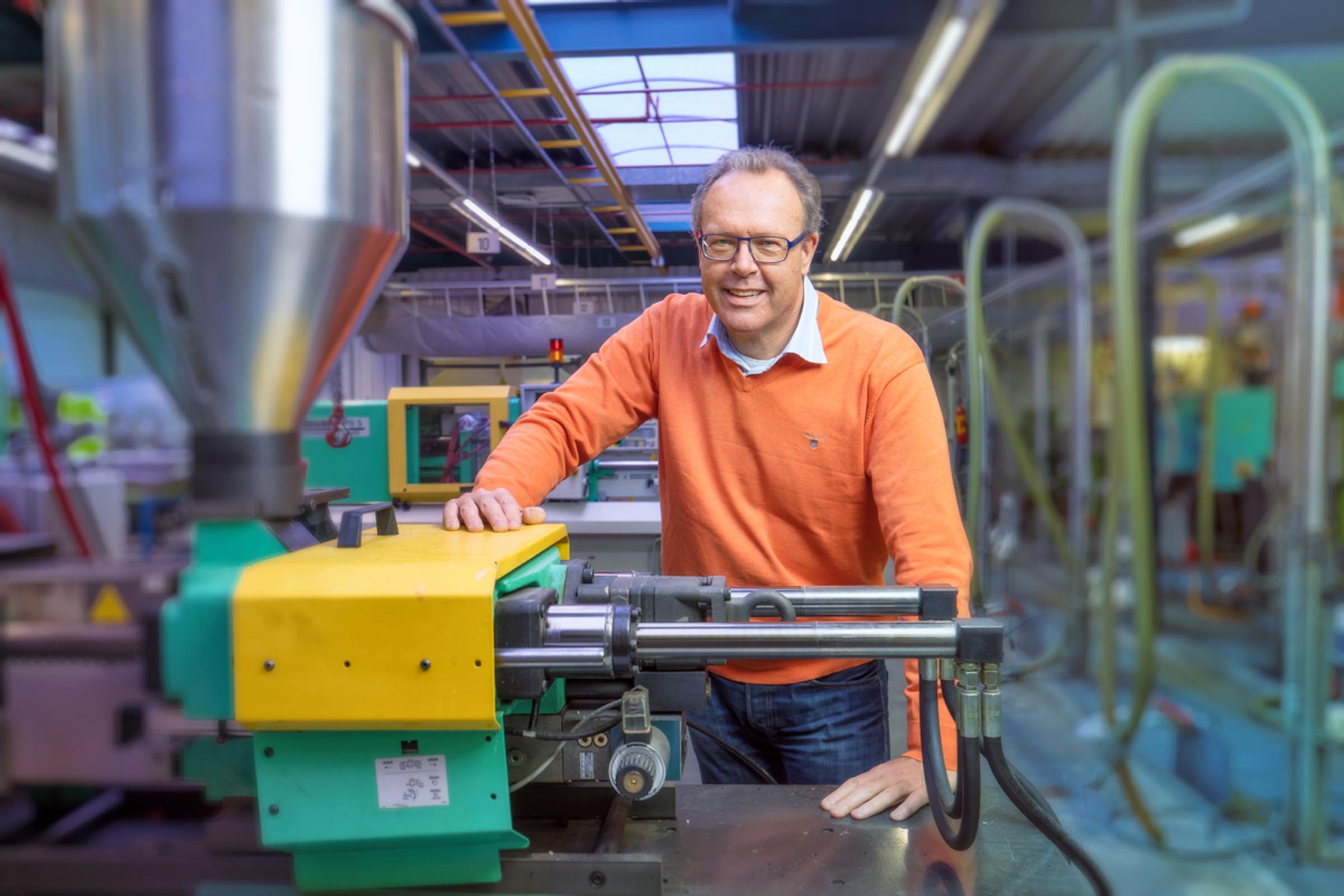Chemport Connect is the digital edition of the Expo planned for the spring in the town of Emmen, the Netherlands. Corona put a spoke in the wheel, but that does not mean the entrepreneurs in the Northern Netherlands have been sitting on their hands. Because if there is one thing the corona crisis has made clear, it is that greening and local production are indispensable for a sustainable recovery.
However, greening and adjusting the value chains require cooperation within the region and beyond. This is exactly what happens within the Chemport Europe eco system. In this eco system, the chemical, biobased and circular industries work together with knowledge institutions on a green future for the Northern Netherlands. The ambition is to develop sustainable chains in the Chemport region. Errit Bekkering (Chemport Europe), Cas König (Groningen Seaports) and Gerard Nijhoving (Senbis Polymer Innovations) showed how during the first webinar held on 23 September. This webinar is still available for online viewing.
Exchanging knowledge
What’s still on tap for the future is a series of freely accessible topical webinars, a live international digital event and a closed regional meeting. The exchange of knowledge, networking and doing business are key elements of these initiatives. But then without physically bringing people from all over the world to the Netherlands.
For example, on 14 October, Bart Labrie (H&P Moulding) will use the Zoom platform to discuss the high-quality application of biobased polymers, one of the specialisms of the Emmen chemical cluster. The use of injection moulded products for medical applications comes to mind here, for example. However, biopolymers also have an environmental impact on disposable simple products that are manufactured in large quantities. ‘In the near future, disposables may no longer be used and that creates opportunities for us. Our partner Limm, for example, replaced single-use plastics and polycarbonate glasses used at major festivals with glasses made of biodegradable PHA manufactured by us.’
The webinar will especially be very practical, Labrie emphasises. ‘We will demonstrate our experience with processing this kind of material. In addition, we will cover the quality of bio-plastics that are currently available. Furthermore, we will answer questions, for example about biobased dyes and additives, and about the degree of degradability and circularity.’
This is a topic of current interest in which Europe plays a pioneering role in the world. This is abundantly clear from the flow of green laws and regulations emerging from Brussels. There are now European guidelines in the field of Eco Design, legislation in the field of single-use plastics and microplastics, and planned levies on fossil products (such as a virgin plastics tax). How do solution providers and end users deal with this? Gerard Nijhoving of Senbis Polymer Innovations will address this during the 28 October webinar.
It is clear that making the production of plastics sustainable is unescapable. For example through the use of bio-raw materials, such as sugars. There are plenty of sacchariferous crops, such as sugar beets and potatoes, in the Northern Netherlands. Chemport Europe has identified these crops in a roadmap for the chemical industry: the so-called Sacchardide Agenda. This is the topic for the 4 November webinar. You can already read more about this now in an interview with Errit Bekkering on this website.
Finally, at the end of their service life, all of these plastics still need to be collected, sorted and recycled. How does this work and is it possible to go about this in smarter ways in the future? The National Test Centre for Circular Plastics (NTCP) in Heerenveen in the Province of Friesland is conducting research into this question. Martine Brandsma of the NTCP in the 11 November webinar will give a tour of her facility and will show how, together with the business community, they are working on a future-proof recycling network here.
Live event
This is followed by the 17 November Chemport Connect Live Event, which among other things will include the launch of a number of new developments. Teijin Aramid and BioBTX will present their new developments, and Senbis will present a biodegradable biobased alternative to the rubber pellets used for artificial turf sports fields. In addition, there will be a panel discussion with participants from Europe, the US and Asia.
This discussion will be facilitated from the US by Peter Schelstraete of Ubuntoo, the Environmental Solutions Platform. ‘The panel session will bring together a broad spectrum of innovators that are truly innovatively working on the use of biobased materials in commercial ways,’ says Schelstraete. ‘The intent is to create clarity around the opportunities, as well as the stumbling blocks that will have to be overcome. In this respect we are also looking beyond our borders, with participants from the Netherlands, England, the US and Asia. This way we show what the Northern Netherlands can do for the rest of the world and vice versa. Because it works both ways. The Northern Netherlands can be a global textbook example in the field of biobased materials,’
This article was created in cooperation with Chemport Europe.
Image above: Ash Pollard/Shutterstock





